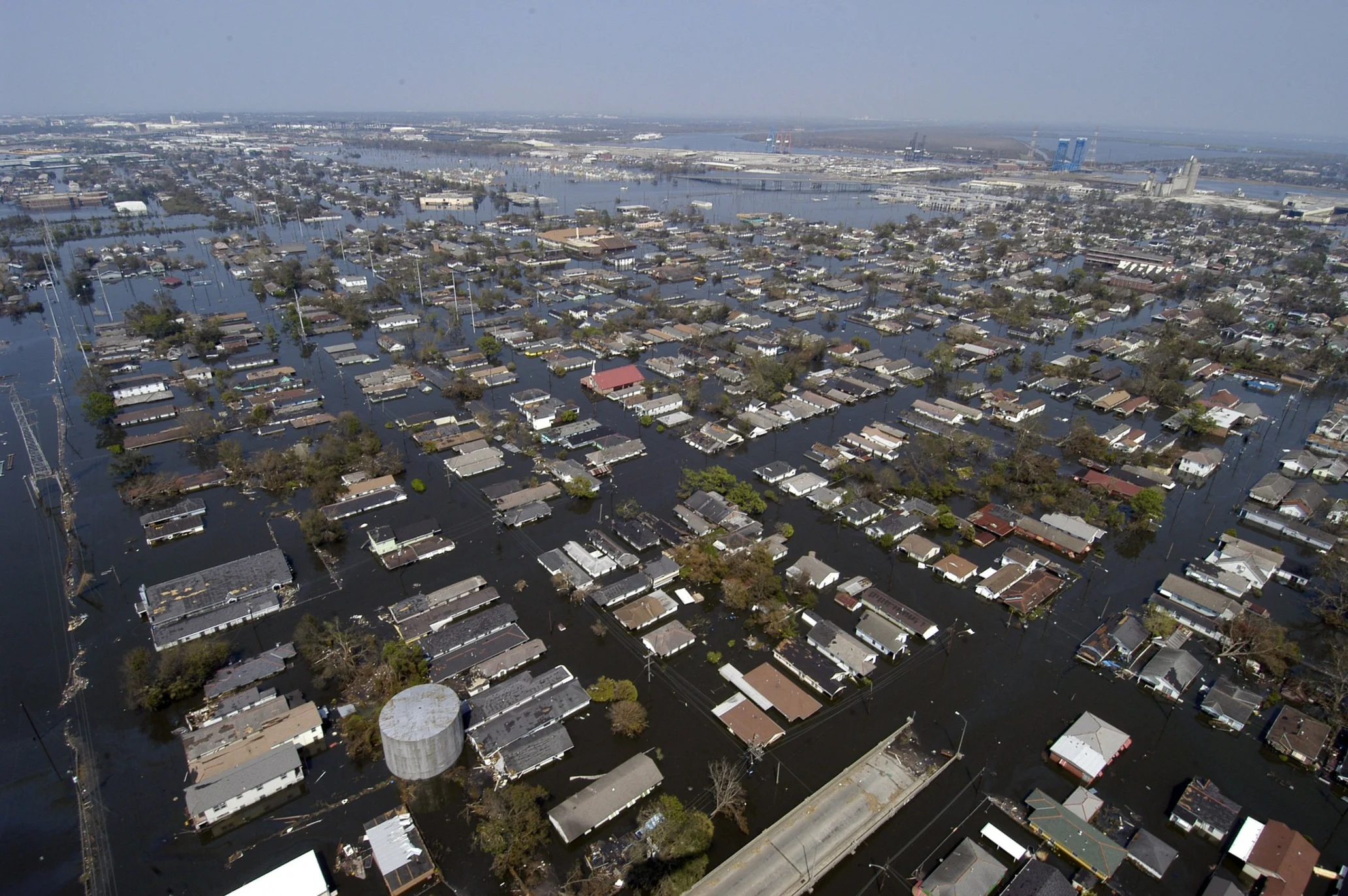Re: Climate (2022.02)
Climate change continues to touch each of us. In 2021, more than 40% of Americans lived in places hit by climate disasters.

In 2021, more than 40% of Americans lived in places hit by climate disasters. Last year’s tally in disaster-related costs is $104 billion and rising, according to the National Oceanic and Atmospheric Administration. Drought conditions persisted throughout the year, exacerbating a heatwave across the Pacific Northwest that shattered numerous high-temperature records. And Hurricane Ida, the ninth named Atlantic storm of the season, devastated much of Louisiana, then spun north, spawning seven tornadoes in New Jersey and Pennsylvania before flooding Philadelphia’s freeways and New York City subways.
There is little doubt that the future will be worse. Moreover, a new study finds that neighborhoods with the highest percentage of Black residents will see the biggest increase in flood damage by 2050.
Demographics indicate today’s flood risk is predominantly concentrated in white, impoverished communities. Many are in low-lying areas directly on the coasts or Appalachian valleys at risk from heavy rainfall. But the increased risk over the next 30 years falls disproportionately on communities with large Black populations on the Atlantic and Gulf coasts. Predominantly Black communities in urban and rural settings from Texas to Florida to Virginia are projected to see a 20% or greater increase in flood risk. Historically, these poorer communities haven’t seen as much investment in flood adaptation or infrastructure, leaving them more exposed.
We all have a role to play in addressing the inequities that can hamper our communities and lands in recovering from traumatic weather. Land Trust Alliance member land trusts are well positioned to lead in mitigating such impacts and helping their communities adapt to coming changes.
If you’re looking to learn more on this topic, the 2022 American Climate Leadership Summit provides an opportunity to build your skills and inspire more Americans to climate action. This four-day, virtual event will showcase climate science, solutions and activism.
And as a Land Trust Alliance member, Affiliate or supporter, you have access to unlimited free registrations for the event! Contact me via your work email to obtain a code you can redeem for free registration. Now in its 11th year, ACLS 2022 will ensure that climate leaders of all levels — particularly those who are new and active at the local level — are inspired and empowered with the latest climate information and resources. I hope to see you there!